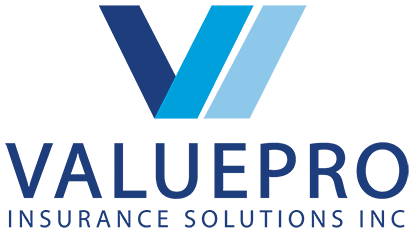Business Income Coverage vs. Business Interruption Insurance: What's the Difference?
Posted: July 19, 2021

Protecting your business with insurance is essential. It starts with understanding what each type of business insurance covers. Business income coverage and business interruption insurance are terms often used interchangeably – but is there a difference? All business insurance policies vary in what they cover. You may have access to a policy that protects repairs to a facility, damaged inventory, and lost income, or you...
5 Employee Retention Strategies for 2021
Posted: July 13, 2021

2020 and 2021 have brought a new set of challenges to employers – and their workers. Unless your business delivered essential services, it is likely that most of your employees worked from home. While many businesses have "weathered the storm" and will return to doing business as usual, others are facing larger challenges. The power has shifted from employer to the workforce, with hundreds of...
Do I Need Business Insurance for my LLC?
Posted: July 4, 2021

If you established a limited liability company (LLC), you chose that type of entity for the protection it provides to your personal assets, along with the tax benefits. Unfortunately, even an LLC cannot entirely protect you from some risks. While your personal assets are generally protected, in certain situations, you have almost zero protection. For example, without business insurance, a slip and fall injury accident...
An In-Depth Look Into Employer 401(k) Contribution
Posted: June 28, 2021

You are fortunate if you work for a company that offers a 401(k) plan as part of its benefits package. Most plans allow employees to start contributing tax-deferred dollars toward retirement with the first paycheck. Many employers provide matching contributions right away, although some require a year of service before employer matches begin. How do your employer’s 401(k) contributions measure up to other plans? The...
Do I Need Commercial Property Insurance for A Shared Office?
Posted: June 19, 2021

If you work in a shared office space, it is essential to ensure you are protected against specific risks. If your business operates out of a coworking space, a commercial property insurance policy brings added protections. The office furniture and equipment owned by your business will be expensive to replace if a fire or other disaster occurs. Your commercial property insurance policy covers the cost...
